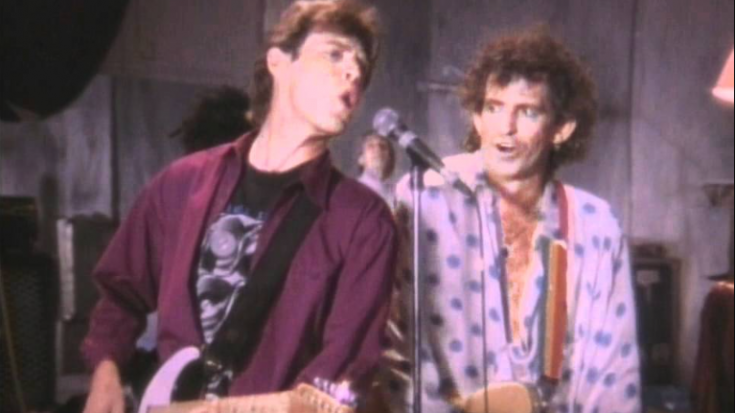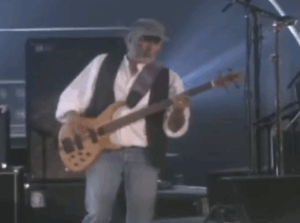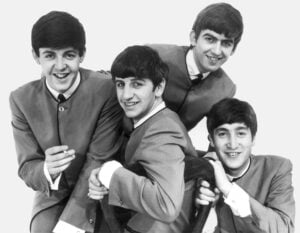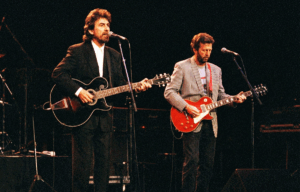Discover The Rolling Stone Song Banned For Being Too ‘Subversive’

via The Rolling Stones / YouTube
Back in the ’60s and early ’70s, the Rolling Stones had a reputation that set them apart from other rock bands. In the U.S., they weren’t just known for their music—they were seen as rebels shaking up the system. Riots at concerts, wild behavior, and a no-apologies attitude only fueled the image of them as “the most dangerous band on the planet.” While they leaned into the chaos, it came at a price. Unlike their peers, their lyrics were picked apart and closely watched.
Even though The Rolling Stones weren’t naturally a political band, they weren’t afraid to speak out when it mattered. One of their most bold and controversial moves came with the 1968 release of “Street Fighting Man.”
A Song Too Bold for the Airwaves
Released on August 31, 1968, just days after the Democratic National Convention was marred by police violence in Chicago, “Street Fighting Man” struck a nerve. It tackled the rising civil unrest in the U.S. and Europe—especially in response to the Vietnam War. Inspired by a London protest Jagger attended at Grosvenor Square earlier that year, the song was a fiery call to action.
But radio executives weren’t having it. With its message encouraging people to take to the streets, many feared it could spark more protests or even riots. Even though the song was never officially banned, stations across the U.S. refused to play it. Without radio play, its commercial performance suffered, peaking only at No. 48.
Jagger recalled:
“The radio stations that banned the song told me that ‘Street Fighting Man’ was subversive. ‘Of course, it’s subversive,’ we said. It’s stupid to think you can start a revolution with a record. I wish you could!”
A Controversial Cover and a Muzzled Message
Originally, the single’s sleeve featured a photo of police beating protestors in Los Angeles—bold and direct. But the label quickly yanked it off the shelves and replaced it with a less provocative design, hoping to steer clear of even more controversy.
Even with the silence from radio stations, the song’s message only grew louder. “Street Fighting Man” became a symbol of protest and unrest—an anthem for those fed up with the status quo.
Reflecting on Its Legacy
By the mid-’90s, Mick Jagger admitted the song may not have had the same power in modern times. “I’m not sure if it really has any resonance for the present day. I don’t really like it that much. I thought it was a very good thing at the time,” he said.
He continued:
“There was all this violence going on. I mean, they almost toppled the government in France; De Gaulle went into this complete funk, as he had in the past, and he went and sort of locked himself in his house in the country. And so the government was almost inactive. And the French riot police were amazing. Yeah, it was a direct inspiration, because, by contrast, London was very quiet.”
While Jagger may have thought its time had passed, the power of “Street Fighting Man” remains. The resistance to it back then—by radio, by critics—only added fuel to its fire. And today, its message still rings true in a world where protest and change are still very much alive.
Listen to the track in the lyric video below:













